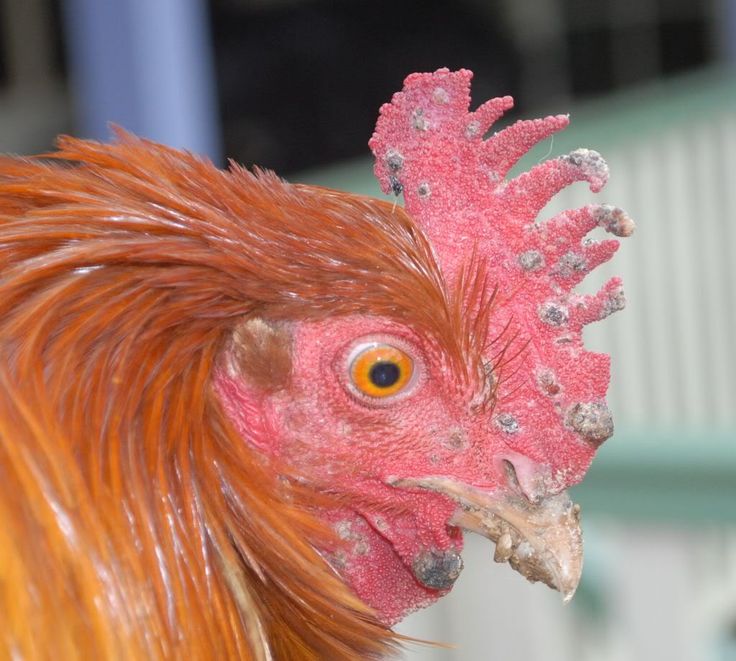Poultry layer farming in Africa, like any other agricultural endeavor, is not without its challenges. However, with proper knowledge, planning, and support, these challenges can be overcome. Let’s explore some common hurdles faced by poultry layer farmers and identify strategies to address them:
- Disease Management:
One of the major challenges faced by poultry layer farmers is the threat of diseases. Outbreaks can be devastating, leading to significant economic losses. To overcome this challenge, farmers should prioritize biosecurity measures, including proper hygiene, vaccination programs, and regular health monitoring. Working closely with veterinarians and implementing strict biosecurity protocols can help minimize the risk of disease outbreaks.

- Feed Quality and Cost:
The availability of quality feed at affordable prices is crucial for the success of poultry layer farming. Fluctuating feed costs and inconsistent feed quality pose challenges for farmers. To address this, farmers can explore options such as bulk purchasing, forming cooperatives to negotiate better prices, and sourcing local feed ingredients. Additionally, investing in feed processing equipment and implementing proper storage practices can help maintain feed quality and reduce costs.

- Infrastructure and Housing:
Providing adequate housing and infrastructure for poultry layers is essential for their health and productivity. Lack of suitable infrastructure can lead to overcrowding, poor ventilation, and increased disease susceptibility. To overcome this challenge, farmers should invest in well-designed poultry housing that ensures proper ventilation, adequate space, and easy cleaning. Regular maintenance and repairs are also crucial to keep the infrastructure in good condition.

- Market Access and Marketing:
Finding reliable markets and accessing them can be a challenge for poultry layer farmers, especially small-scale producers. Building relationships with local retailers, restaurants, and egg processing companies can help secure stable markets. Additionally, farmers can explore alternative marketing channels such as farmers’ markets, community-supported agriculture (CSA) programs, and online platforms. Developing a strong brand identity and promoting the quality and uniqueness of the eggs can also attract customers.
- Financial Management:
Effective financial management is vital for the sustainability of poultry layer farming operations. Lack of financial planning, record-keeping, and access to credit can hinder the growth of farmers. To overcome this challenge, farmers should maintain accurate financial records, create budgets, and seek financial literacy training. Establishing relationships with financial institutions and exploring government support programs can also provide access to credit and other financial resources.
- Training and Knowledge:
Keeping up with the latest advancements in poultry layer farming practices is crucial for success. Limited access to training and knowledge resources can be a challenge for farmers, especially in remote areas. Farmers should actively seek out training programs, workshops, and agricultural extension services offered by government agencies, NGOs, and agricultural universities. Collaborating with other farmers and joining farmer groups or associations can also provide valuable opportunities for knowledge sharing.
When you visit our company, we can help you to start by giving you all the necessary information you need to get started if not yet in the business. Please check our online shop, we have all the standard business proposals for different capacities at very a cheap price made by the best agricultural specialists as well as Standard design plans that are made by the best agricultural architects around the globe. please visit our online shop now using the links below to witness by yourself
Design plans (FARM HOUSE DESIGNS – Kimd Construction & Farm Consultants)
Business plans (BUSINESS PLANS & PROPOSALS – Kimd Construction & Farm Consultants)
Welcome back from visiting our shop, hope you have placed your order for any of our products or you can place it after navigating more of our informative articles.
In conclusion, while poultry layer farming in Africa may come with its challenges, proactive measures can be taken to overcome them. By prioritizing disease management, ensuring quality feed, investing in infrastructure, accessing markets, practicing financial management, and seeking knowledge and training, poultry layer farmers can increase their chances of success and contribute to the growth and development of Africa’s agricultural sector. Sustainable Practices for Poultry Layer Farming
In addition to challenges faced by poultry farmers you can also explore more about how to control diseases in goats.


